Seafood industry veteran Phil Walsh on common sense and America’s insatiable appetite for salmon
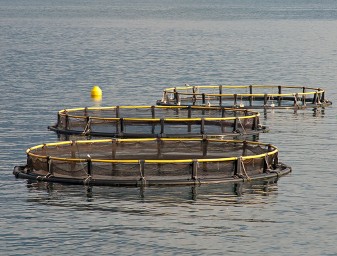
I’ve never considered it strange that my neighbor Doug likes to hunt deer. The fact that he also raises deer and sells venison for a living doesn’t mean he can’t enjoy deer hunting. What I did find strange was when he offered me some venison last November, saying, “I got a nice buck a couple days back, so you got a choice — you want some from the farm or you want some steaks off my buck?”
Why would I want some lean, stringy (and likely wormy) meat when I could have juicy, tender steaks from a grain-fed deer that had been killed and cleaned under optimum conditions? Common sense, right?
Which is exactly what’s lacking when it comes to the media’s perception of farmed fish — and consequently the perceptions of many consumers. They likely think it’s been raised in dirty water and shot up with antibiotics, just like they read about on the Internet.
The truth? Anything but the purest water is detrimental to fish’s health. And, to use salmon as an example, southern Chile — seemingly every critic’s prime target — is just above the Antarctic Circle, where one can find some of the purest ocean water on the planet. As for antibiotics, sure, there are times when juveniles get sick and antibiotics are be used to restore them to good health, but never — not once — has the U.S. Food and Drug Administration found so much as a trace of antibiotics in farmed salmon by the time it reaches our ports; all the animals must go through a withdrawal period before being slaughtered and processed.
The public understands that America has the safest food on the planet and that if half of the negative things that are reported on farmed salmon were true, it wouldn’t be made available to us.
Salmon of the Americas (SOTA) was organized by salmon farmers from Chile who, genuinely bewildered by the American public’s negative reactions to farmed Atlantic salmon, sought to rebut unfounded allegations with peer-reviewed science. The website grew noticeably quieter during its last few years because, in spite of continued media scaremongering, they were selling all the salmon they could produce.
The public understands that America has the safest food on the planet and that if half of the negative things that are reported on farmed salmon were true, it wouldn’t be made available to us. They also understand that salmon is good for them in every way — that it’s quick and easy to prepare, and that, aside from tasting really good, it’s good for them. Our doctors are urging us to eat more of it — how bad can it be?
The arrival of “Norwegian Salmon,” as farmed Atlantics came to be known, was a celebrated event. Sparkling fresh salmon in the dead of winter! Prior to that all we had was seasonal Alaska salmon, and while eating a freshly grilled chunk of king salmon in June is great, most of it was just tired, unappealing fish over the majority of the calendar. But it was cheap. Farmed Atlantics are so good they almost put Alaska’s salmon fishermen out of business. Propelled by an ad campaign fueled with oil money and supported with vastly improved quality, Alaska came back strong, proving to all that America’s appetite for good salmon is insatiable.
I took some farmed Atlantic salmon to Doug’s place a few days before Christmas, maneuvering the elaborate system of gates that keep his venison penned up. As he took the 6-pound fillet out of the Styrofoam box, he said, “Looks real fresh.” I told him it was as good as salmon gets, particularly given the thickness of the fillet. When I added that it was farm-raised and he asked, “Where from?” I said, “Chile.”
“Well I’ll be damned.”
“What?”
“They’ve been trashin’ farmed salmon for years, talkin’ about dirty water and whatnot. It don’t take but an ounce a common sense to see they’re just trying sell ad space. Chickens, cows…now salmon. But they just keep cycling back to it, and I now I know why.”
I looked at him expectantly.
“Pinochet. They got it all mixed up with Pinochet.”
“That’s crazy, Doug. Makes no sense at all.”
“Since when did that stop the presses? I’m tellin’ you, they got the salmon all mixed up with that mess that took place way back. Otherwise, you tell me, where’s all that meanness comin’ from? How come they can’t let it alone?”
Something I’ve been wondering for a long time.
Author
-

Phil Walsh
In addition to directing nationally recognized seafood programs at Kings Supermarkets, Harris Teeter Supermarkets and Stop & Shop Supermarkets, where he pioneered retail sustainability programs in 2000 by partnering with the New England Aquarium, Phil Walsh introduced successful fresh seafood programs at Porky Products, Inc., DiCarlo Foods and Ritter Sysco Foodservices, New York Metro’s dominant protein distributors. He now serves as VP of Growth at the Alfa Gamma Group in Miami. Walsh teaches a graduate course in seafood marketing at the University of Miami’s Rosenstiel School of Marine and Atmospheric Science, and authored Isle of Shoals in 2013, a novel detailing the evolution of the seafood industry since 1965.
Tagged With
Related Posts
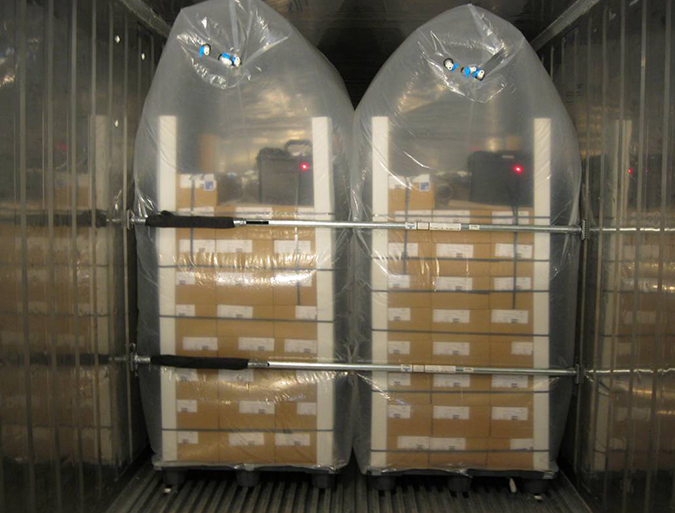
Responsibility
Slow fish: Preventing waste via packaging
BluWrap shipping technology can cut the seafood industry's abysmal food-waste statistics by dramatically extending the shelf life of fresh product. Company CEO Mark Barnekow's mission is to get fresh fish off airplanes and onto ocean-bound cargo ships.
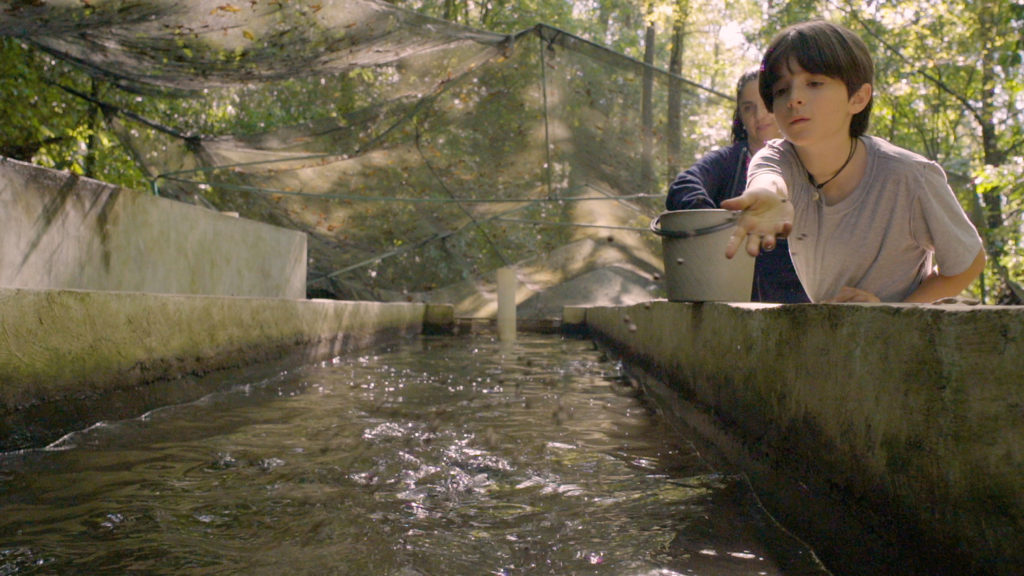
Intelligence
A motive, and a market, for farmed fish in Mexico
Boasting ample areas for aquaculture and a robust domestic demand for seafood – not to mention its close proximity to the U.S. market – a land of opportunity lies in Mexico. Fish farming is primed to meet its potential south of the border.
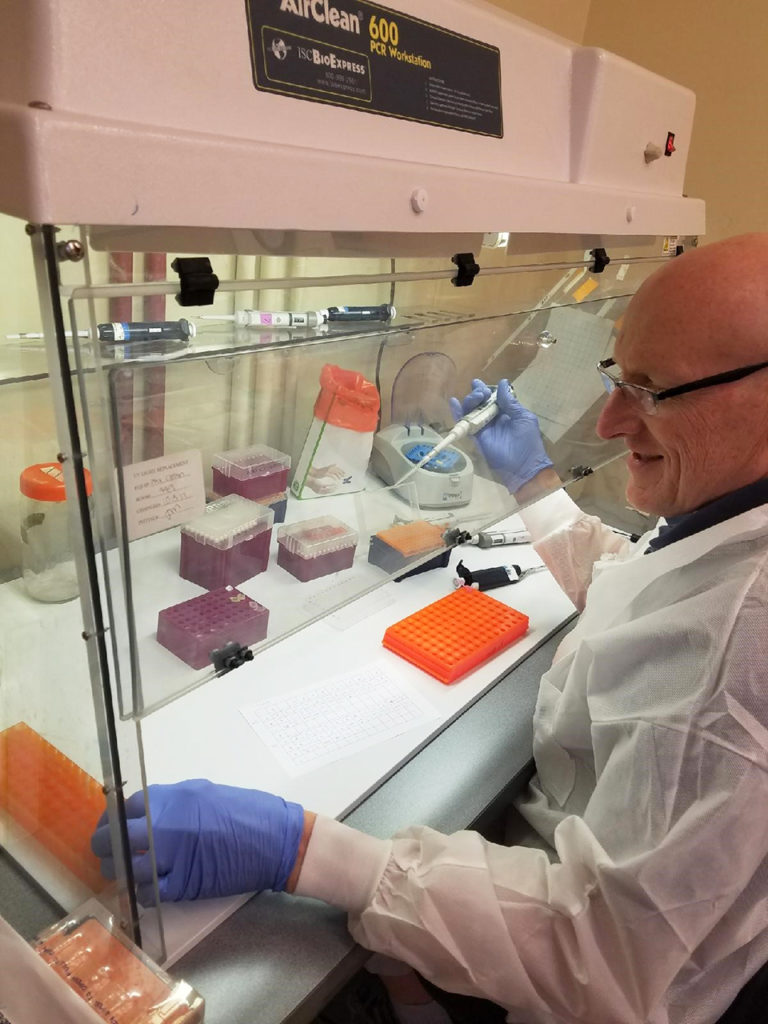
Health & Welfare
A comprehensive look at the Proficiency Test for farmed shrimp
The University of Arizona Aquaculture Pathology Laboratory has carried out the Proficiency Test (PT) since 2005, with 300-plus diagnostic laboratories participating while improving their capabilities in the diagnosis of several shrimp pathogens.
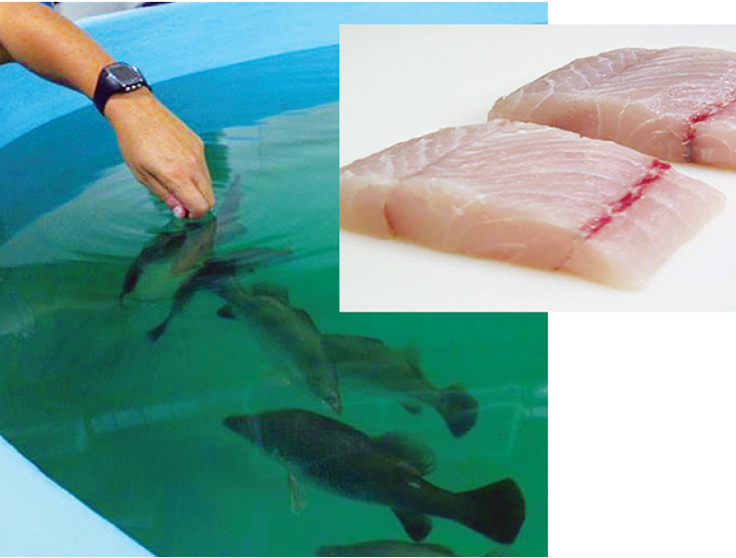
Intelligence
Adding flavor complexity to farmed barramundi
Organoleptic attributes such as flavor and aroma are among the most important factors that influence consumer acceptability and demand for fish products. Consumers have identified farmed fish as less complex and lacking “sealike” or “sea-fresh” flavors and aromas.

